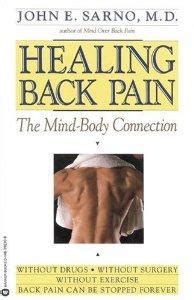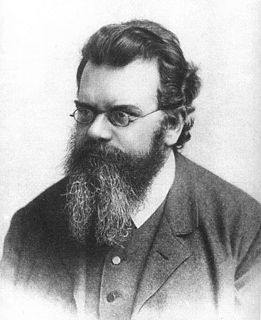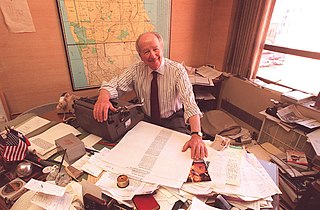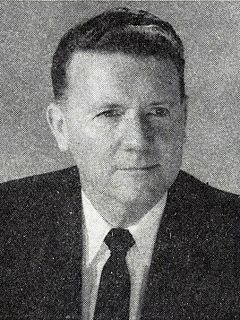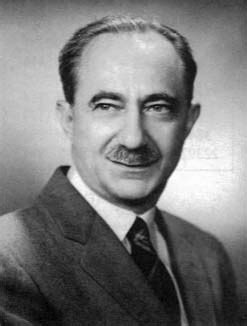A Quote by Charles de Lint
A body of work may be reviled - mostly by those who have no knowledge of its workings - and yet still carry elements of what can only be considered eternal truths.
Related Quotes
We must learn to recognize nature's truths even though we don't understand them, for some of those truths may still be beyond the ability of the human mind to comprehend. What we need is a compound prescription of humility, imagination, devotion to the truth and, above all, confidence in the eternal wisdom of nature.
It must be splendid to command millions of people in great national ventures, to lead a hundred thousand to victory in battle. But it seems to me greater still to discover fundamental truths in a very modest room with very modest means - truths that will still be foundations of human knowledge when the memory of these battles is painstakingly preserved only in the archives of the historian.
Oh, what a favored people we are to have this light, this knowledge, these opportunities for happiness on earth and throughout the eternities. May we commit to share a knowledge of this magnificent work, personally or through missionaries, with our friends and neighbors that they may join this kingdom of God on earth, and receive the consummate, eternal blessings available to them.
When speaking of a "body of knowledge" or of "the results of research," e.g., we tacitly assign the same cognitive status to inherited knowledge and to independently acquired knowledge. To counteract this tendency a special effort is required to transform inherited knowledge into genuine knowledge by revitalizing its original discovery, and to discriminate between the genuine and the spurious elements of what claims to be inherited knowledge.
When we free ourselves from name and form, especially from a body - when we need no body, good or bad - then only do we escape from bondage. Eternal progression is eternal bondage; annihilation of form is to be preferred. We must get free from any body, even a "god-body". God is the only real existence, there cannot be two. There is but One Soul, and I am That.
Embedded in the gospel of Jesus Christ there are eternal principles and truths that will last far longer than the principles of building ships and roofs. You and I, as members of the Lord's true Church, have special access and insight into these eternal principles and truths, especially when we listen to the Spirit for individual guidance and hear the prophet's voice as he declares the will of God to the members of the Church. You and I both know how important these eternal principles and truths are in our lives.
It is worthwhile adding that the power of the poem to teach not only sensibilities and the subtle movements of the spirit but knowledge, real lasting felt knowledge, is going mostly unnoticed among our scholars. The body of knowledge locked into and releasable from poetry can replace practically any university in the Republic. First things first, then: the primal importance of a poem is what it can add to the individual mind.Poetry is the voice of a poet at its birth, and the voice of a people in its ultimate fulfillment as a successful and useful work of art.
It is easy to see, though it scarcely needs to be pointed out, since it is involved in the fact that Reason is set aside, that faith is not a form of knowledge; for all knowledge is either a knowledge of the eternal, excluding the temporal and historical as indifferent, or it is pure historical knowledge. No knowledge can have for its object the absurdity that the eternal is the historical.
There are, besides, eternal truths, such as Freedom, , etc., that are common to all states of society. But Communism abolishes eternal truths, it abolishes all religion, and all morality, instead of constituting them on a new basis; it therefore acts in contradiction to all past historical experience.
We may lay it down as an incontestible axiom, that, in all the operations of art and nature, nothing is created; an equal quantity of matter exists both before and after the experiment; the quality and quantity of the elements remain precisely the same; and nothing takes place beyond changes and modifications in the combination of these elements. Upon this principle the whole art of performing chemical experiments depends: We must always suppose an exact equality between the elements of the body examined and those of the products of its analysis.

